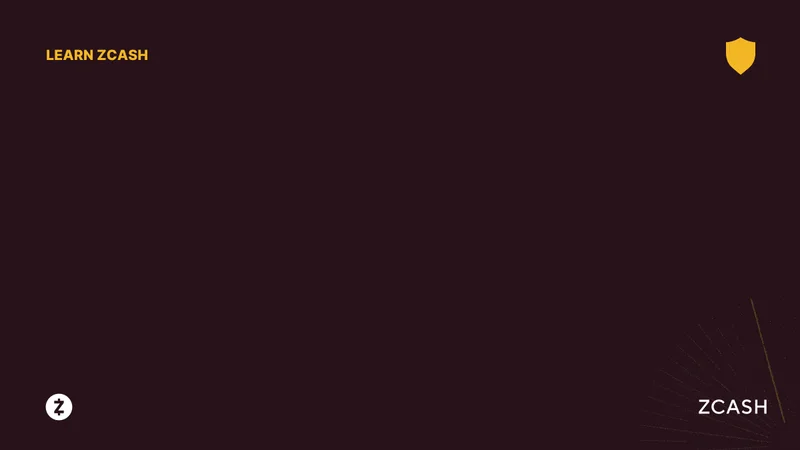Professional Vision. Smarter Crypto Decisions.
Professional Vision. Smarter Crypto Decisions.
Leap Therapeutics, a company previously focused on cancer therapies, has rebranded itself as Cypherpunk Technologies, Inc., signaling a complete strategic pivot. The new direction? Accumulating Zcash (ZEC), a privacy-focused cryptocurrency. They've already dropped $50 million—$58.88 million, to be precise, via a private placement—to acquire 203,775.27 ZEC at an average price of $245.37 per coin. A bold move, to say the least.
The rationale is that privacy is becoming a "rare and vanishing resource," and Zcash represents "digital privacy in asset form." Cypherpunk's CIO, Will McEvoy, frames it as a hedge against the transparency of Bitcoin, particularly in an AI-dominated future. The Winklevoss twins are also on board, citing privacy as a top concern and seeing Zcash as a potentially significant percentage of Bitcoin's market cap.
But let's dissect this. Zcash is one of the older privacy coins, launched in 2016. It uses zero-knowledge proofs (zk-SNARKs) to obscure transaction details. The idea is that by making transactions untraceable, the entire network becomes more private. More ZEC in the "shielded pool" (where transactions are obscured) theoretically equals more privacy. Currently, the shielded pool holds about 23% of the total ZEC supply, up from 18% in October.
Here's where it gets interesting. The increase in shielded supply is being touted as a sign of genuine network usage, not just speculative positioning. Cypherpunk seems to be betting big on this metric. But is it truly that simple? Shielding requires direct interaction with the chain, which is good. But what percentage of those shielding transactions are related to actual economic activity versus, say, internal transfers or attempts to game the system? We simply don't have that level of granularity in the data.
Zcash's price has indeed surged, going from around $400 on November 1st to as high as $750 recently. Trading volume has also been substantial. At one point, ZEC was the second most traded asset on Coinbase by 24-hour volume, surpassing even Ethereum.

The argument is that rising shielded supply during a price rally suggests increased attention is translating into real protocol usage. Fair enough. However, correlation doesn't equal causation. It's entirely possible that the price surge is driven by speculation, which then encourages more shielding as people try to capitalize on the hype.
And this is the part of the report that I find genuinely puzzling. If the core thesis is that Zcash's value lies in its privacy, why is the price action so heavily influenced by centralized exchanges like Coinbase? Shouldn't a true believer in privacy be more concerned with decentralized exchanges and self-custody? Arthur Hayes, another Zcash bull, even advised investors to withdraw their ZEC from centralized exchanges and shield it. The fact that this needs to be said is, frankly, a red flag.
The elephant in the room is regulation. EU lawmakers are considering banning exchanges from listing privacy coins like Zcash. High-profile prosecutions of developers behind privacy-enabling technologies are also on the rise. The recent cases involving Tornado Cash and Samourai Wallet send a clear message: governments are not comfortable with untraceable transactions, regardless of their potential benefits.
Cypherpunk acknowledges these risks in their forward-looking statements, mentioning the "significant legal, commercial, regulatory and technical uncertainty regarding digital assets generally." But are they truly prepared for a scenario where Zcash becomes effectively unusable due to regulatory pressure? The data doesn't tell us their contingency plan.
Cypherpunk's Zcash bet is a high-stakes gamble. It's a bet on the future of privacy, on the long-term value of Zcash, and on the ability of the crypto community to overcome regulatory hurdles. Whether it pays off remains to be seen, but for now, I'm not convinced. The data simply doesn't support the rosy picture they're painting.